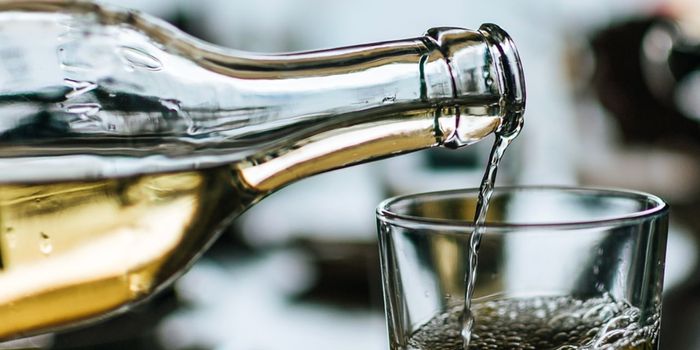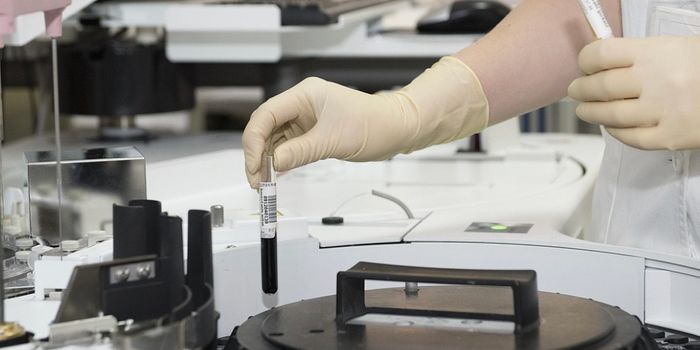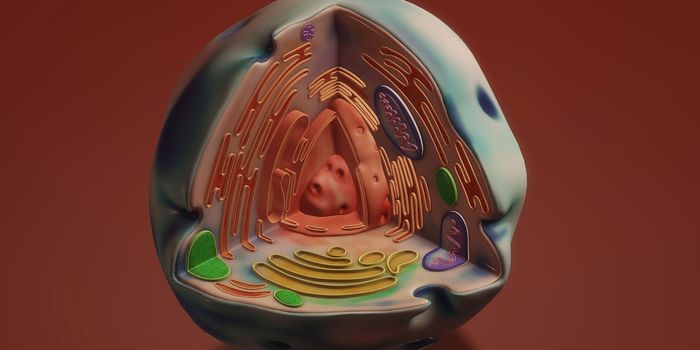Better Beer Through Genetic Engineering
Hops are an essential part of brewing beer, but they need a lot of water to grow; one pint of beer requires around 50 pints of water just for raising the hops. Now, researchers have come up with an alternative - a genetically engineered yeast that can both ferment the beer and impart flavors customarily provided by hops. Employees of the Lagunitas Brewing Company in Petaluma, California participated in double-blind taste tests and described the modified yeast beer as hoppier than a brew made from regular yeast and hops.
This work, reported in Nature Communications, may help improve beer’s environmental footprint, and be cheaper to make as well. ”My hope is that if we can use the technology to make great beer that is produced with a more sustainable process, people will embrace that," said the co-first author of the study, Charles Denby, a UC Berkeley biologist.
The engineered yeast could standardize flavors too, since the flavorful part of hops, essential oils, are highly variable from year to year. New kinds of tastes could also be introduced. Bryan Donaldson, the innovations manager at Lagunitas, detected notes of "fruit-loops" and "orange blossom" with no off flavors, during the Lagunitas taste test.
Co-first author Rachel Li launched a startup with Denby called Berkeley Brewing Science. They are planning to market hoppy yeasts as well as new types that use flavor notes that aren’t usually in beer.
The gene editing tool CRISPR-Cas9 was applied to industrial brewer’s yeast for this work. The researchers used it to add four new genes and the corresponding promoters that regulate them. Two genes code for the enzymes linalool synthase and geraniol synthase, which make flavor notes found in many plants. The other two genes were meant to boost the production of two molecules, Linalool, and geraniol, to add the hops flavor.
They used a computer to get the proportions just right, and asked UC Davis brewing authority Charles Bamforth to brew beer using three of their best strains. Hops were used only in the first stage of brewing to impart bitterness without hoppy flavor. Then the yeast strains supplied all of the hop flavors. Another standard beer was also made, and former student, Donaldson from Lagunitas, conducted a blind taste test with 27 brewery employees.
"This was one of our very first sensory tests, so being rated as hoppier than the two beers that were actually dry-hopped at conventional hopping rates was very encouraging," said Li.
Denby started out at UC Berkeley to research sustainable transportation fuels with synthetic biology pioneer Jay Keasling. Keasling uses bacteria and yeast to produce terpenes, and adds genes that make terpenes into important products like the antimalarial drug, artemisinin, flavors used in industry, and the fuel butanol.
But the brewing "found me," Denby said. "I started home brewing out of curiosity with a group of friends while I was starting out in Jay's lab, in part because I enjoy beer and in part because I was interested in fermentation processes. I found out that the molecules that give hops their hoppy flavor are terpene molecules, and it wouldn't be too big of a stretch to think we could develop strains that make terpenes at the same concentrations that you get when you make beer and add hops to them."
Because hops require a lot of resources, Denby was inspired to make brewing more sustainable. He was in the right place, the Keasling lab, to pursue that idea.
"We started our work on engineering microbes to produce isoprenoids - like flavors, fragrances, and artemisinin - about 20 years ago," said Keasling. "At the same time, we were building tools to accurately control metabolism. With this project, we are able to use some of the tools others and we developed to accurately control metabolism to produce just the right amount of hops flavors for beer."
"Charles and Rachel have shown that using the appropriate tools to control production of these flavors can result in a beer with a more consistent hoppy flavor, even better than what nature can do itself," Keasling said.
Sources: AAAS/Eurekalert! Via University of California - Berkeley, Nature Communications









